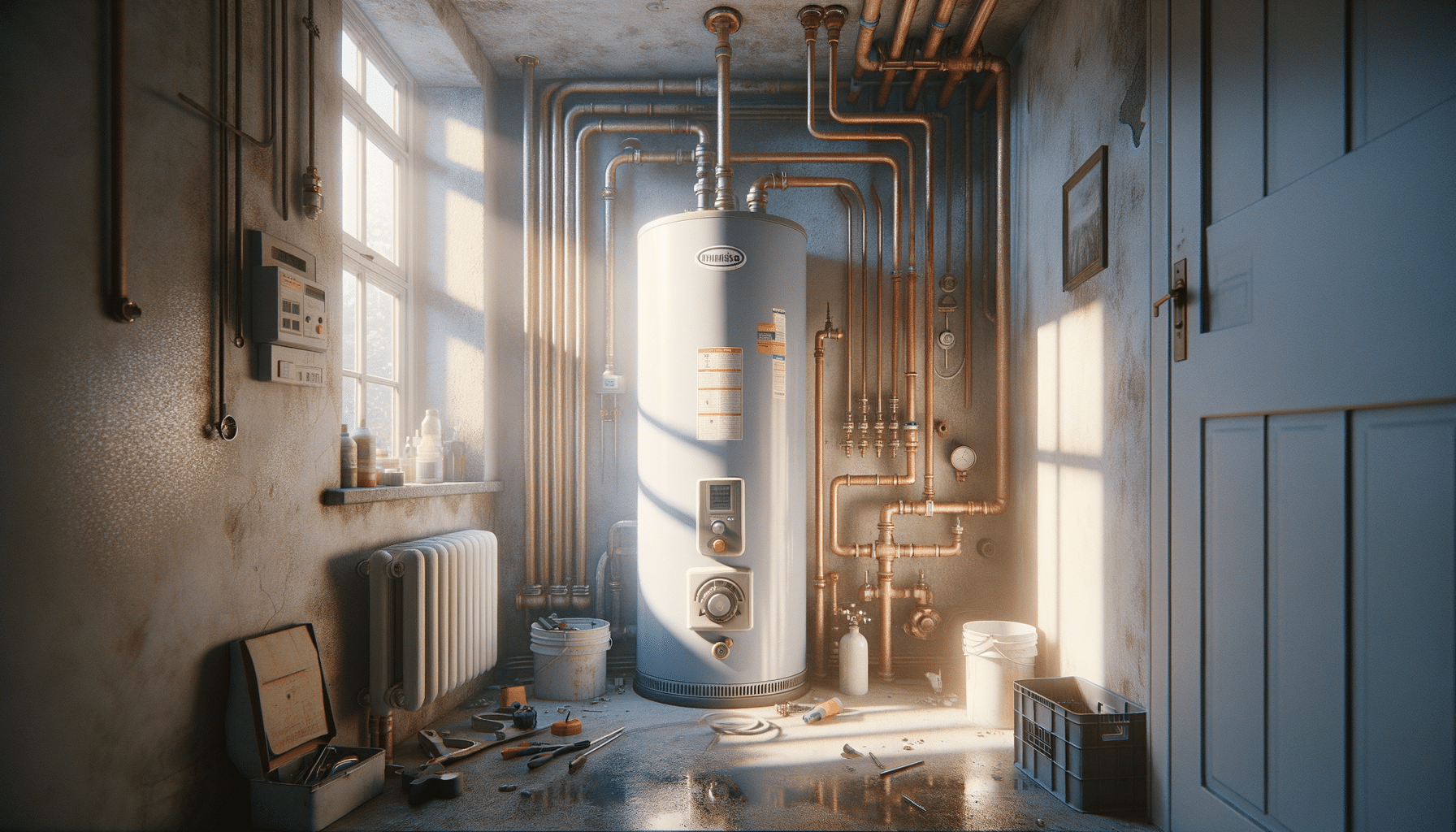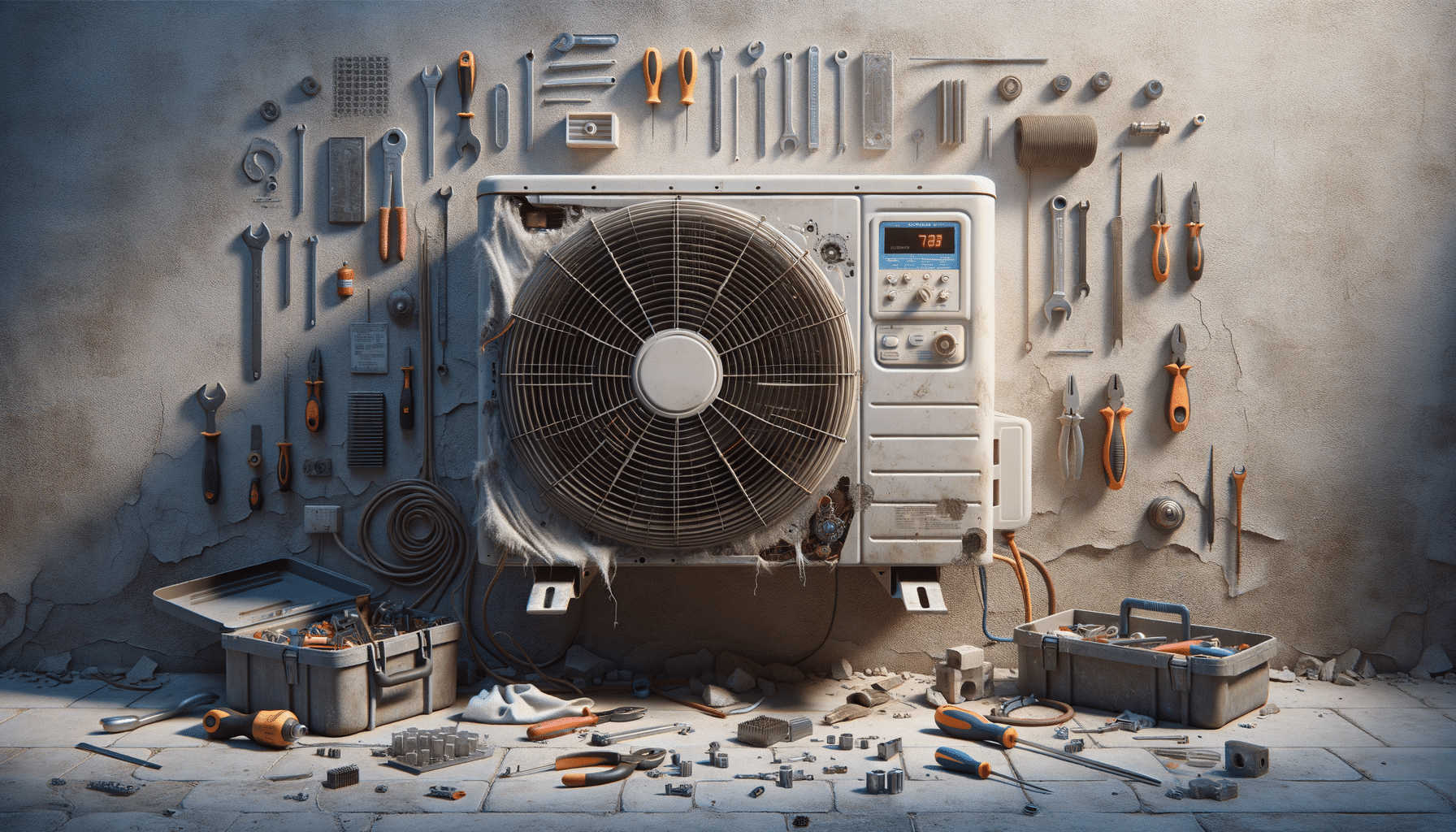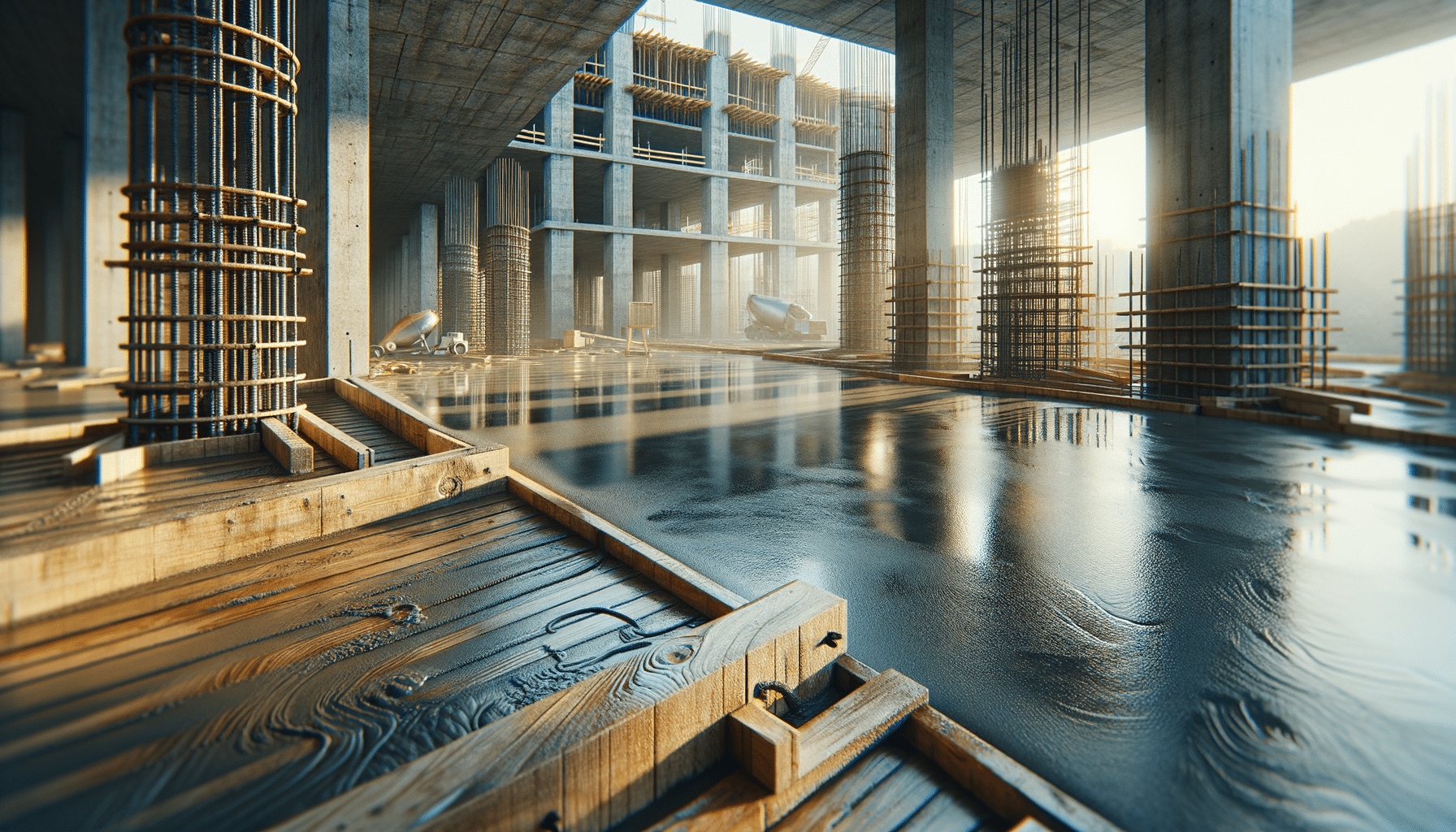
Understanding Water Heater Repair: A Comprehensive Guide
Introduction to Water Heater Repair
Water heaters are crucial components of modern homes, providing the comfort of hot water for bathing, cooking, and cleaning. However, like any appliance, they require regular maintenance and occasional repairs. Understanding the basics of water heater repair can save homeowners from unexpected breakdowns and costly replacements. In this guide, we will explore common water heater issues, maintenance practices, and when to call a professional.
Common Water Heater Problems
Water heaters, whether tankless or traditional, can encounter several issues over their lifespan. Recognizing these problems early can prevent further damage and ensure efficient operation:
- No Hot Water: This is often due to a faulty heating element or thermostat. Checking these components can usually resolve the issue.
- Leaking Water Heater: Leaks typically occur due to corrosion, loose connections, or a faulty pressure relief valve. Regularly inspecting these areas can help identify leaks early.
- Strange Noises: Sediment build-up in the tank can cause popping or rumbling sounds. Flushing the tank can often eliminate these noises.
- Discolored Water: Rusty water can indicate corrosion inside the tank. An anode rod replacement might be necessary to prevent further rusting.
Addressing these problems promptly can extend the life of your water heater and maintain its efficiency.
Essential Maintenance Tips
Regular maintenance is key to ensuring the longevity and efficiency of your water heater. Here are some essential maintenance tips:
- Annual Flushing: Flushing the tank annually removes sediment build-up, improving efficiency and preventing damage.
- Inspecting the Anode Rod: The anode rod helps prevent tank corrosion. Checking it every couple of years and replacing it when necessary can prolong the life of the heater.
- Temperature Setting: Keeping the thermostat at a safe level, usually around 120°F, can prevent scalding and reduce energy consumption.
- Checking for Leaks: Regularly inspect connections and valves for leaks to avoid water damage and inefficiencies.
By incorporating these practices into your routine, you can ensure your water heater operates smoothly and efficiently.
When to Call a Professional
While many water heater issues can be addressed with basic maintenance, some situations require professional intervention. Here are instances when it’s advisable to seek expert help:
- Persistent Leaks: If tightening connections doesn’t stop a leak, a professional can diagnose and fix the underlying issue.
- Complex Electrical Problems: Issues with wiring or circuit breakers should be handled by a certified electrician to ensure safety.
- Replacing the Heater: If your water heater is over a decade old and frequently malfunctions, a professional can recommend and install a suitable replacement.
- Gas Heater Concerns: Any problems with gas water heaters should be addressed by a professional to prevent hazards like gas leaks.
Calling in a professional not only ensures safety but also provides peace of mind knowing the job is done correctly.
Conclusion: Keeping Your Water Heater in Top Condition
Understanding water heater repair and maintenance is vital for every homeowner. By recognizing common issues, performing regular maintenance, and knowing when to call a professional, you can extend the life of your water heater and enjoy uninterrupted access to hot water. Investing time in understanding these aspects not only saves money but also enhances the comfort and efficiency of your home.


